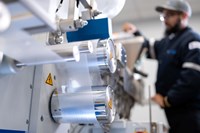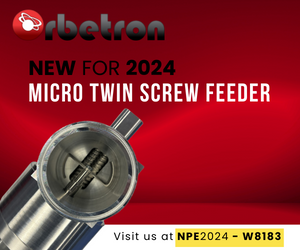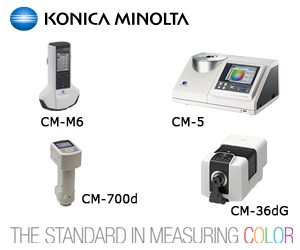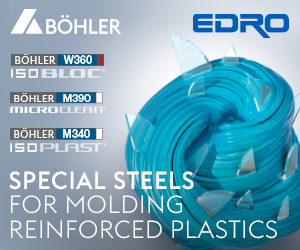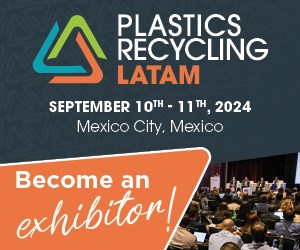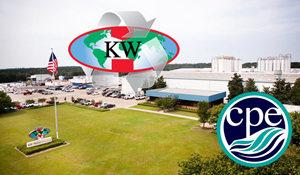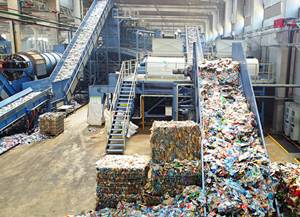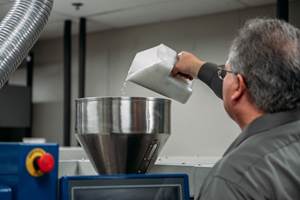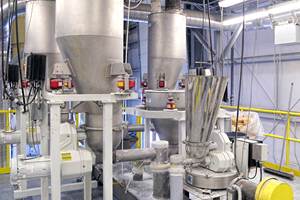G7 Summit: Leaders Agree to Ocean Plastics Charter
Five countries of the G7 group—excluding the U.S. and Japan—endorsed a plastics charter on ocean pollution.
The leaders of Canada, France, Germany, Italy and the United Kingdom agreed to The Ocean Plastics Charter, an annex to the Charlevoix Blueprint for Healthy Oceans, Seas and Resilient Coastal Communities, at the G7 Summit this past weekend. The U.S. and Japan did not put their names on the resolution.
The charter seeks to move toward a more resource-efficient and sustainable approach to the management of plastics. Some of the actions include:
- It pledges to work with the industry toward making all plastics 100% recyclable by 2030.
- Working with industry toward recycled content of at least 50% in plastic products where applicable by 2030.
- Working with industry and other levels of government to recycle and reuse at least 55% of plastic packaging by 2030 and recover 100% of all plastics by 2040.
- Assessing current plastic consumption and undertaking prospective analysis on the level of plastic consumption by major sector use, while identifying and encouraging the elimination of unnecessary uses.
Steve Russell, vice president of plastics for the American Chemistry Council (ACC) released the following statement:
“Marine debris is a pressing global issue, and ACC is committed to being part of the solution. Our plastic makers have set and are working to achieve aggressive goals for the reuse, recycling and recovery of 100% of plastic packaging by 2040, with interim goals by 2030.
To achieve these goals, we will need to work closely with stakeholders and governments, including members of the G7. We look forward to collaborating on a range of activities outlined in the Charter—including sustainable design, research, information sharing, and creative new ideas like the Plastics Innovation Challenge—in the months and years ahead. We believe investing in waste management systems will be critical to making real progress, and we appreciate Canada’s leadership in pledging $100 million to jumpstart that effort.
In facing the challenge of marine litter there is much we can agree on, and even more we must act on, recognizing different approaches and priorities to getting there. Plastics are essential to helping us live safer, more sustainable lives. But they have no place in our oceans or in our environment.
We know ocean pollution is a large and complex problem. But this problem is solvable if we work together and stay focused on capturing and transforming municipal solid waste at its source.”
The Plastics Industry Association (PLASTICS), Washington, D.C., released its first official statement on marine debris:
“Plastics offer many sustainability advantages that can significantly reduce greenhouse gasses, water consumption and air emissions,” says PLASTICS’ President & CEO William R. Carteaux. “But plastics must be prevented from entering the environment through investment in proper recovery systems. The entire plastics industry is committed to being part of the solution – finding real ways to combat the problem.”
In the statement, PLASTICS outlines the following priorities:
PLASTICS supports data driven research efforts that identify opportunities to meaningfully address marine debris. These opportunities include, but are not limited to:
- educating manufacturers and the public to prevent litter
- expanding collection opportunities
- developing new end markets that increase demand for recycled plastics
- promoting the design of plastic products in a way that facilitates recovery
- promoting clean-ups
- and, ensuring plastics are managed properly at manufacturing sites through programs like Operation Clean Sweep and Zero Net Waste
Be sure to check out the July issue of Plastics Technology, which will feature an in-depth look at ocean-bound plastics and how some companies are turning a global problem into a useful resource.
Related Content
Energy Company Plans to Feed Recycling Scrap Into Fuel Production
Clean Planet Energy reaches agreement with KW Plastics to Feed its Low-Sulfur Fuel Plants
Read MoreHot Wash Systems for Recycling Polyolefins
Herbold can configure wash plants for polyolefins that can produce high-quality, food-grade recyclates.
Read MoreMarket Changes Spur Industrial Recycler to Enhance Capabilities in Clear Plastic Reprocessing
Butler MacDonald found new business and flexibility thanks to a big step-up in purging efficiency.
Read MoreReworking Off-Spec Material? Add Some Science to the Mix
Reworking off-specification material and low-demand material is good for the compounder and good for the environment. Here’s how to make sure it’s good for the customer too.
Read MoreRead Next
Beyond Prototypes: 8 Ways the Plastics Industry Is Using 3D Printing
Plastics processors are finding applications for 3D printing around the plant and across the supply chain. Here are 8 examples to look for at NPE2024.
Read MorePeople 4.0 – How to Get Buy-In from Your Staff for Industry 4.0 Systems
Implementing a production monitoring system as the foundation of a ‘smart factory’ is about integrating people with new technology as much as it is about integrating machines and computers. Here are tips from a company that has gone through the process.
Read MoreMaking the Circular Economy a Reality
Driven by brand owner demands and new worldwide legislation, the entire supply chain is working toward the shift to circularity, with some evidence the circular economy has already begun.
Read More




